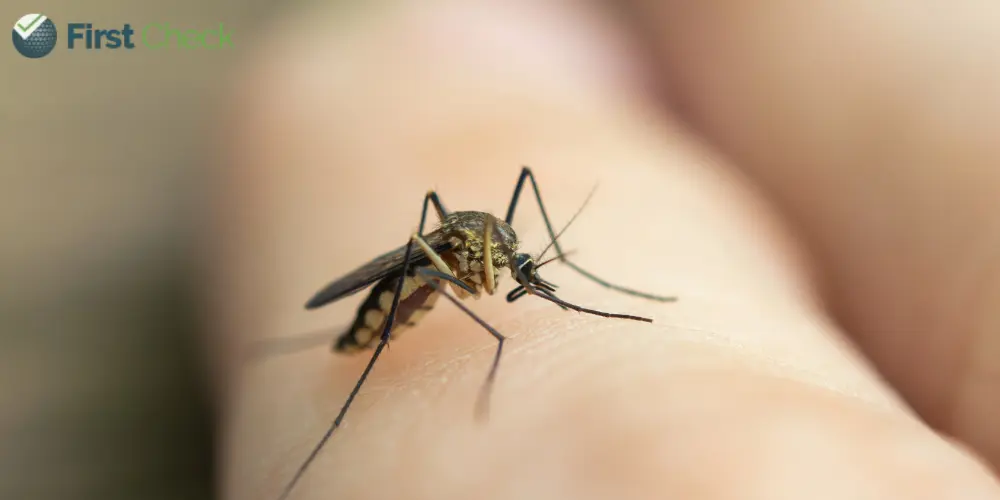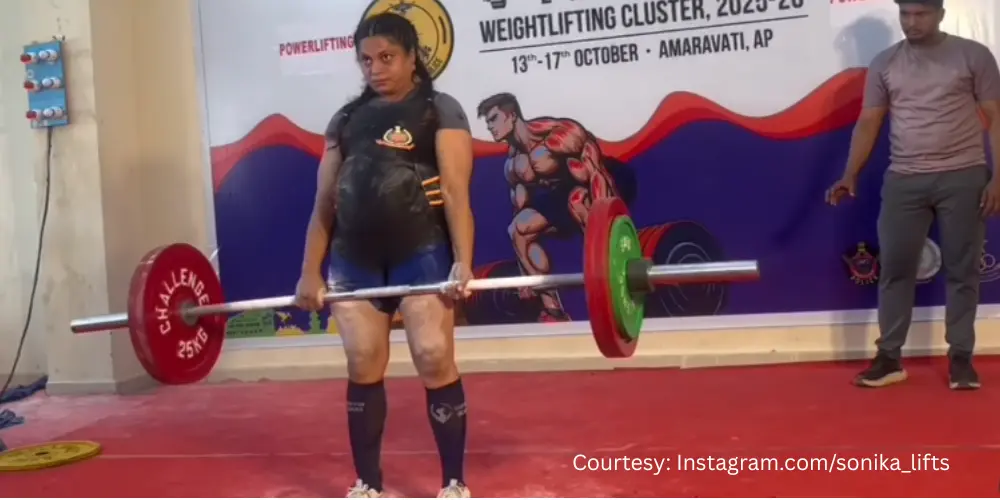Explainer: The perils of protein deficiency
Author
Author
- admin / 2 years

- 0
- 3 min read

Author
Poor dietary choices, food insecurity, certain medical conditions, and vegetarian or vegan diets lacking in protein-rich sources can contribute to protein-energy malnutrition.
By Florica Brahma
Protein is often hailed as the building block of life, and for good reason. It plays a crucial role in various bodily functions, including muscle repair and growth, hormone production, immune function, and enzyme activity. Despite its importance, protein deficiency remains a prevalent issue worldwide, particularly in Asian and African countries, contributing to numerous health problems.
While it is often considered a problem limited to developing countries or specific demographics like older adults, the fact of the matter is that protein deficiency can affect individuals across all age groups and socio-economic backgrounds. Factors such as poor dietary choices, food insecurity, certain medical conditions, and vegetarian or vegan diets lacking in protein-rich sources can contribute to protein-energy malnutrition.
Here are 7 important facts about protein deficiency:
- Protein deficiency leads to muscle wasting and weakness due to its essential role in muscle repair and growth. Inadequate protein intake can result in decreased muscle strength and heightened vulnerability to injuries.
- Protein is crucial for the production of antibodies and immune cells necessary for fighting infections and diseases. Protein deficiency compromises the immune function, increasing susceptibility to infections and prolonging recovery times.
- Protein deficiency also hampers tissue repair, including wound healing. Inadequate protein intake prolongs recovery times and heightens the risk of complications associated with delayed wound closure.
- Inadequate protein intake can cause edema, resulting in swelling in various body areas such as the feet, hands, and abdomen. Aside from swelling, edema may cause limb discomfort, skin discoloration, hypertension, and joint stiffness.
- Kwashiorkor, a type of protein deficiency, primarily affects children and presents with various symptoms, including enlarged liver, distended abdomen, swollen feet, skin depigmentation, dermatitis, hair thinning, and tooth loss.
- Protein deficiency can manifest externally by way of thinning hair, brittle nails, and dry, flaky skin. These symptoms arise due to the importance of protein in producing keratin, a vital structural component of hair, nails, and skin.
- While lack of appetite is a symptom commonly associated with severe protein deficiency, the opposite may hold true for milder cases. In cases of insufficient protein intake, the body compensates by heightening appetite, prompting individuals to seek out calorie-dense foods, which may contribute to weight gain and obesity.
Dietary supplementation is one of the most crucial solutions to the challenges posed by protein deficiency. It’s important to consult a qualified healthcare professional and seek timely treatment in case of any nutritional deficiencies.
Read More : Explainer: Can artificial intelligence replace doctors?










